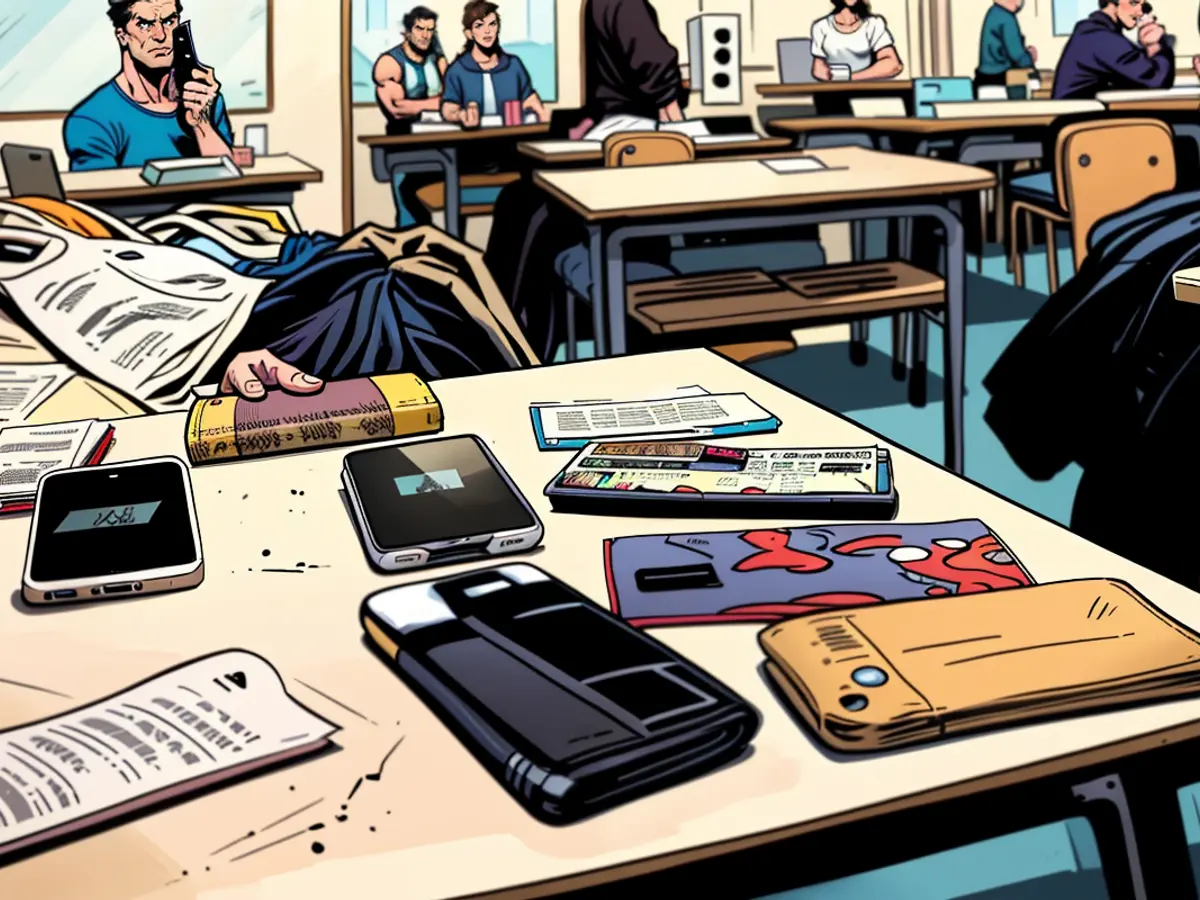Implementation of Mobile Phone Restriction in Dutch Educational Institutions
Starting from this week, mobile phones are prohibited in Dutch classrooms during lesson hours. Previously implemented in secondary schools at the beginning of the year, this restriction has now extended to primary schools with the commencement of the new academic year. Dutch Ministry of Education in The Hague justifies this measure due to mobile phones serving as a distraction, reducing focus, and consequently worsening students' academic performance.
Mobile phones remain permissible in classrooms when their use is integral to the lesson materials, such as digital literacy lessons. Moreover, students with medical conditions or disabilities may use their phones as necessary. The rule's enforcement is left to individual schools' discretion.
Schools that also enforce a mobile phone ban during recess hours report an enhanced social environment, with students more likely to interact with each other. According to researcher Loes Pouwels from Radboud University in Nijmegen, this interaction becomes more frequent during breaks.
The imposition of a mobile phone ban in Dutch schools was a highly debated issue. Dutch education ministers initially opposed a country-wide rule, while school leaders advocated for local regulation. Many parents argue against providing smartphones to primary school children due to their addictive nature, particularly regarding social media.
Following similar trends, Greece and Italy have deployed phone bans in classrooms. In Germany, mobile phone restrictions in educational institutions have been under discussion for some time. The Organisation for Economic Co-operation and Development (OECD) recently proposed the responsible use of mobile phones in classrooms to ensure effective learning.
Despite the exemptions for lesson-related usage and medical needs, strictly enforcing the mobile phone ban during lesson hours can significantly improve students' concentration and academic performance. Additionally, banning mobile phones during recess hours in some schools might encourages more face-to-face interactions among students, as seen in some countries like Greece and Italy.








